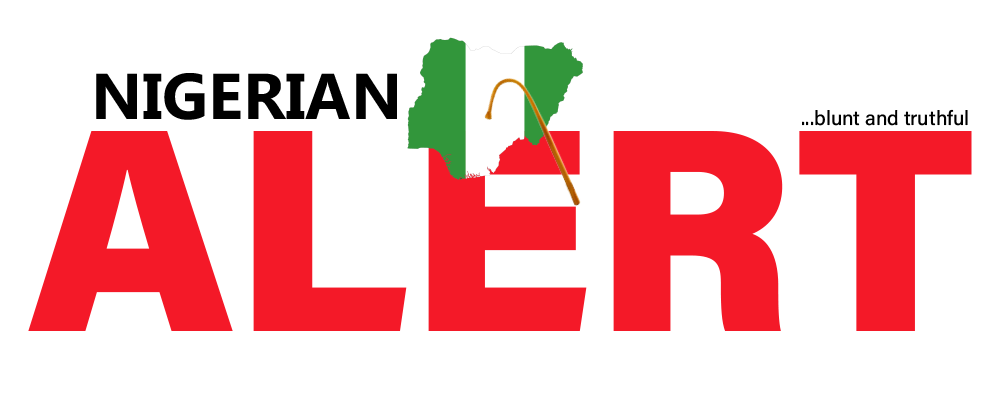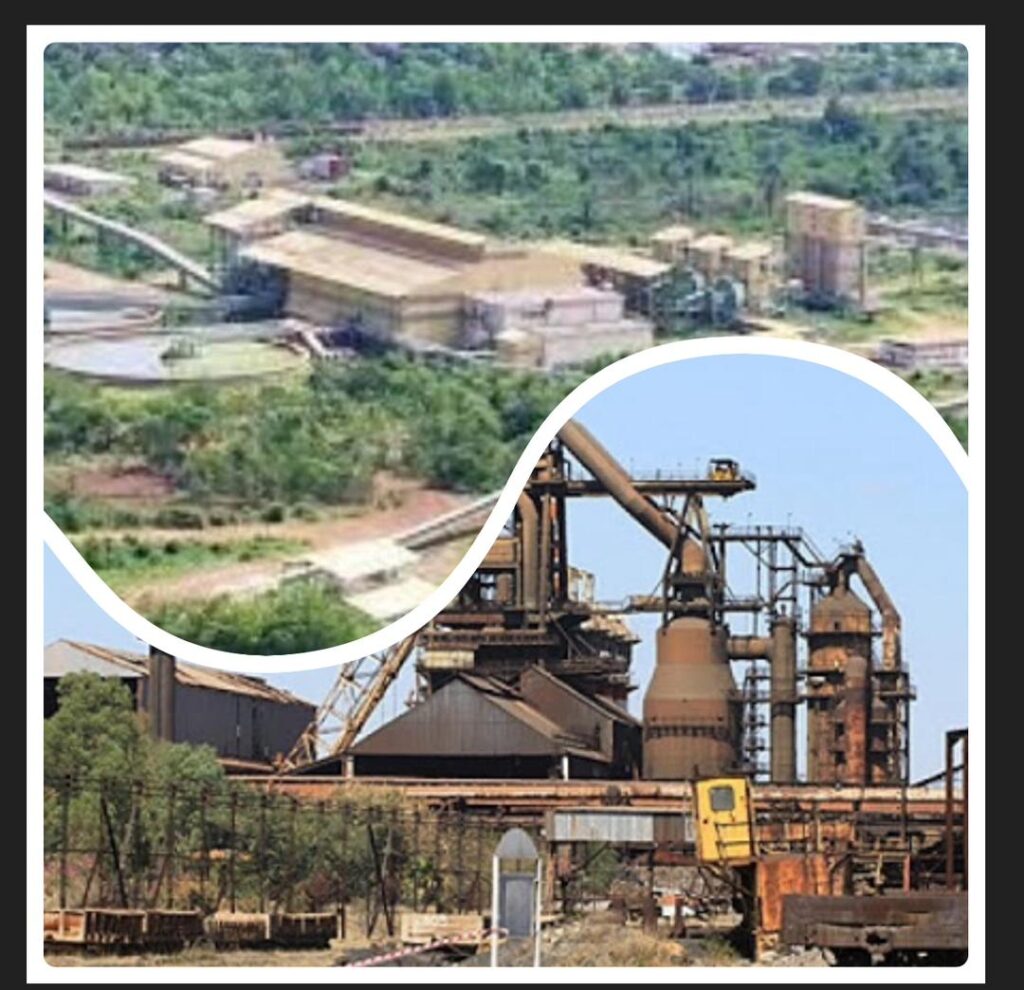
Ajaokuta Steel Complex and Itakpe Iron-Ore Processing Plants: Essential Insights and Critical Connections
By Abayomi Odunowo Saturday 17th August 2024.
The Ajaokuta Steel Complex and the Itakpe Iron-Ore Processing Plants symbolize Nigeria’s ambitious venture into industrialization and self-sufficiency in steel production. Despite the enormous potential of these projects to transform the nation’s economy, they remain largely underutilized and fraught with challenges. A crucial aspect of this inefficacy is the lack of effective collaboration, particularly concerning the technical audit of the Itakpe facilities, unresolved debts owed to contractors, and the urgent need for spare parts and intellectual properties that are paramount for successful operations.
The Itakpe Iron-Ore Processing Plant was established with the aim of harnessing the abundant iron ore resources in Nigeria, ultimately serving as a feedstock for the Ajaokuta Steel Complex. However, the non-payment of debts to Koch Nigeria Limited, the contractor responsible for substantial installation works at Itakpe, has severely stalled progress. These financial obligations have accrued significant interest, compounding Nigeria’s liability and further muddying the waters of accountability. The failure to resolve these issues not only jeopardizes existing operations but also deters potential foreign investments, as investors often shy away from markets with unsettled contractual obligations.
Beyond financial strains, the operational efficiency of the Itakpe plant remains in jeopardy due to the non-finalization of the procurement of German-made spare parts and consumables. These components are critical, not just for daily activities, but also for the overall health and longevity of the processing plant. The absence of these parts translates into prolonged downtimes, inefficiencies, and ultimately, a failure to achieve the desired output needed for a viable steel production pipeline at Ajaokuta.
Moreover, the missing link between the successful operationalization of the Itakpe plant and the utilization of the Ajaokuta Steel Complex lies in the intangible assets—invaluable intellectual properties tied to the technologies employed in the plants. With the proper technical audit and the integration of these essential assets, Nigeria could enhance its operational capabilities, leverage local resources, and gradually move towards a self-sustained steel production.
addressing the financial, operational, and technological gaps is imperative for the rejuvenation of both the Itakpe and Ajaokuta facilities. Stakeholders in the Nigerian government must prioritize settlements with contractors and secure necessary imports to not only alleviate existing inefficiencies but invigorate a sector that holds the key to Nigeria’s industrial progress and economic diversification. The time has come to unveil the intricacies behind these projects and rectify the pathways that have hindered their success.
The Crucial Link Between Ajaokuta Steel Complex and Itakpe Iron Ore Industrial Plants. In discussions surrounding Nigeria’s future in steel production, particularly concerning the Ajaokuta Steel Complex, a significant oversight occurs when the role of the Itakpe Iron Ore Industrial Plants is overlooked. This neglect not only reveals a limited understanding of Nigeria’s broader steel production ambitions but also jeopardizes the successful operationalization of Ajaokuta. For a nation eager to establish a robust steel industry, ignoring this fundamental connection stifles potential growth and development.
Historically, it was the Federal Government of Nigeria that envisioned the Itakpe Iron Ore Industrial Plants as the lifeline for the Ajaokuta Steel Complex. The premise was simple: Itakpe would serve as the dedicated iron ore feeder necessary for Ajaokuta’s steel production. Compounding this relationship is the fact that Ajaokuta was developed using Russian technology, while Itakpe was built with German technological expertise. The machinery and intellectual property tied to KOCH Nigeria Limited (KOCH) at the Itakpe site serve as a testament to this German influence. The prolonged stagnation of these assets has left the potential for Nigeria’s steel production underutilized and disorganized. The inability to leverage KOCH’s intellectual property signifies a missed opportunity for Nigeria to harness necessary knowledge and technology, effectively crippling the hopes of a thriving domestic steel industry.
To forge a path forward, stakeholders must recognize the inseparable bond between Ajaokuta and Itakpe. It is paramount that the Federal Government prioritizes resolving the complex issues surrounding the demobilization of KOCH and the rightful acquisition of its intellectual properties. The stalled negotiations initiated since 2005 reflect a glaring need for decisive action. These discussions must culminate in meaningful outcomes that honor Nigeria’s commitments to technology transfer and operational efficiency. Technical auditing of the installed infrastructure at Itakpe cannot proceed without the requisite intellectual properties; meanwhile, the lack of clear strategy will continue to hinder efforts to establish a self-sufficient steel production framework.
A holistic approach, one that integrates Itakpe’s role as the iron ore supplier for Ajaokuta Steel Complex via its German-engineered components and resources, is vital for Nigeria’s journey towards a prosperous steel industry. As discussions about the future of these pivotal projects advance, a comprehensive understanding of their interconnectedness is not merely beneficial—it is essential for unlocking Nigeria’s potential in the global steel market. Only with both the Ajaokuta and Itakpe projects fully operational can Nigeria realize its steel production aspirations.
The Itakpe Project a Tale of Neglect and Missed Opportunities. Lack of Resolution on Intellectual Properties. The Itakpe iron ore project in Nigeria stands as a glaring example of governmental inefficiency and neglect, particularly regarding the unresolved issues surrounding KOCH’s Intellectual Properties (IPs). For years, the Federal Government, through the Ministry of Mines and Steel Development, has sought to acquire KOCH’s “As-Built Drawings,” crucial documents that encompass thousands of detailed shop-drawings for the various plants involved in the project. However, these discussions have stagnated due to the ministry’s failure to finalize the necessary financial terms, leaving the matter unresolved and detrimental to the project’s future.
Consequences of Inaction. The ramifications of this inaction are profound. The shop-drawings and operational manuals are vital for the manufacturing, installation, and operation of essential components like the Beneficiation Plants and Weathered Ore Pretreatment Plant. Without these resources, the Itakpe project has been left in limbo, a scenario aggravated by the negligence of the Federal Government to either purchase the IPs or ensure that the Indian concessionaire, GINL, appropriately compensates KOCH for them. Instead, GINL was granted carte blanche to proceed with the project as it saw fit, leading to the complete collapse of operations and the subsequent termination of GINL’s first Concession Agreement in 2008. Shockingly, Nigeria later paid GINL $496 million, despite the concessionaire’s failure to deliver any tangible outcomes—a clear example of financial mismanagement.
Taking Action for Progress. To remedy this situation, the Federal Government must prioritize the resolution of the outstanding issues with KOCH. First and foremost, it should settle its long-overdue debts to the company, which have accrued interest since 2014. This step is critical not just for financial reasons but as a gesture of goodwill that could re-establish trust between the parties involved. Secondly, the government needs to finalize the purchase of necessary equipment, tools, and IPs crucial for the operationalization and long-term maintenance of the Itakpe project. Moreover, addressing the damages resulting from contract breaches would not only serve justice but could pave the way for renewed collaboration with KOCH. By tackling these issues head-on, the Federal Government can revitalize the Itakpe project, restore operations, and ultimately contribute to Nigeria’s economic growth through its vast mineral resources.
The Itakpe project is at a crucial crossroads, and the path forward hinges on decisive action from the Federal Government. The unaddressed issues surrounding KOCH’s Intellectual Properties represent not just a bureaucratic oversight but a missed opportunity to harness Nigeria’s potential in the iron ore sector. Only by rectifying these wrongs can the nation hope to see the fruits of this significant investment come to fruition.
The Federal Government must confront a critical issue: the stagnation of steel production in Ajaokuta, which hinges on the availability of iron ore concentrate from Itakpe. The significance of this production pathway cannot be overstated; without a reliable supply of raw materials, the ambitious goal of reviving steel manufacturing in Nigeria remains an unattainable dream.
This situation stirs agitation among stakeholders—industrialists, local communities, and the nation at large—who witness the untapped potential of a flourishing steel industry. Instead of prioritizing immediate financial gains or unrelated projects, the government risks sowing disillusionment by neglecting the core issues that underpin industrial growth. The absurdity of making jokes about the steel industry reflects a grave misunderstanding of its economic importance and the urgency of resolving operational roadblocks.
The solution lies in strategically prioritizing the resumption of iron ore concentrate production at Itakpe. By directing resources and policy efforts toward this project, not only will the Ajaokuta steel plant find its footing, but Nigeria will also make strides towards self-sufficiency and industrial competitiveness. In doing so, the government will transform a critical setback into a pivotal opportunity for national progress.
Otunba Abdulfalil Abayomi Odunowo
National Chairman AATSG
Mobile: +2349053535322
Saturday 17th August 2024.

